How do I cover big employment gaps in my resume? (Some dos and don’ts)
Unemployment can happen to anyone. It’s how you explain an employment gap that can make or break your chances of getting hired.
You’re eager to get back on your feet and back to work after a lengthy period of unemployment. But as you craft your resume, you face a dilemma: how should you explain the long period you were not employed? Here are some tips to help you fill in this gap with honesty and confidence.
Start by understanding how employers view employment gaps. Then, consider acceptable reasons for a long employment gap. Next, know what activities employers see as acceptable fillers for that period. Finally, prepare to spell out those activities to boost your chances of getting an interview.
How employers view employment gaps
You’ve probably heard that it’s easier for an employed person to find a job than it is for someone who is looking for work. Perhaps, some experts say, it’s because someone who has a job seems less desperate. Hiring managers see being unemployed as negative. And, the longer someone is unemployed, the less desirable they become.
According to a field study by one resume service, unemployment periods over two years diminish a candidate’s chances of being called for an interview.
“Those with gaps in their work history run the risk of being seen as lazy or unfocused with their careers, and not as an in-demand asset in the eyes of potential employers,” Peter Yang, the CEO and co-founder of ResumeGo, explained to SHRM.com.
Hey, wait a minute! How about maybe your were the victim of a mass layoff? Or, you wanted to start a family. Or, you chose to go back to school and earn a higher degree. Lazy? Absolutely not!
Moving beyond the stigma
Whatever the reason for your unemployment, your situation has changed and you’re ready to resume your career. But after an extended leave from work, do you even stand a rat’s chance?
Yes, you do. It all depends on how you present your employment gap when you apply for a job. According to Yang, “Applicants who provided a reason for their work gap received close to 60% more interviews [than those who didn’t provide a reason].” This sounds reassuring, doesn’t it?
Cover Letter
The purpose of a cover letter is to give a recruiter or hiring manager a more a little more insight into your accomplishments they’ll see on your resume, and a sense of what you’ll bring to the table if you are hired.
Although a cover letter does introduce you, its actual purpose is to show the employer how you’ll be able to help them, not the other way around.
“Managers are looking for you to show that you understand their business and that you care about what they need,” Blue Sky Resumes’ founder Louise Fletcher told Careerbuilder.com.
When you understand that your cover letter to is a way of saying, “I understand your business, your needs, and what you’re looking for—and I can help,” then you know it’s not the best place to mention your employment gap.
Resume
While you should leave your employment gap off your cover letter, you still need to address it. The proper place to do so is in your resume.
This scares many people, so it’s tempting to use tricks such as trying to hide a period of unemployment. However, omitting months on your employment dates, or omitting dates all together, are just a couple of tricks recruiters know all too well.
“Masking a gap or job hopping concern could, in theory, help get your foot in the door, but recruiters and hiring managers will uncover the truth at some point in the hiring process. They won’t be happy to learn about a potential problem after they’ve already invested the time to meet you,” writes Jon Shield on Jobscan.com’s blog.
Honesty is always the best policy, and it’s easy to be truthful when you are prepared.
Resume Preparation
It’s easy to feel intimidated when explaining a gap in your resume. Don’t allow yourself to feel ashamed of choices you thought you made for the better, or times when you had no choice. Your time off work was presumably for a good reason–one that almost any recruiter or manager would understand.
A “reason” is not the same as an “excuse”
To get started, write down why you stopped working in a positive way. For example, “I quit my job to take care of my dad who was old,” can be rewritten as, “Despite enjoying my career in accounting, my family was preparing to place my father in a nursing home. I felt it was better for him to be with family. Because he had dementia, however, he needed someone home with him most of the time. Since no one else was able to take on the role of caregiver, and my company was not open to remote work, I left my position to devote whatever time was needed to give my father the best possible quality of life with the time he had left.”
When put in such a positive light, does that sound like a cop-out (excuse) or a noble sacrifice (good reason)? You can do the same thing even if you were fired. Find a positive spin.
Identify the value in your non-career related activities
Review everything you did during your time off, career related or not. Even something seemingly irrelevant, such as caring for an aged parent with dementia, will have given you experience that’s valuable to a potential employer. Write them all down to practice before putting them in a resume, and hopefully, later say to an interviewer.
So, for example, instead of, “I took care of my dad’s meals,” try, “For three years I handled meal planning for my father, who had changing nutritional needs based on his health issues and steadily declining state.”
Show that you’ve stayed current
Most recruiters understand that “life happens”, and that it happens to everyone. Still, they will have concerns about your ability to hit the ground running if they hired you, especially after a long time has passed. Technology advances. Workplace standards evolve. Laws change. So, consider how you can demonstrate you prepared for those changes and will be able to jump right in without disruption to the company.
Revisit your contacts
Do you continue to network with people in your field and talk shop? Do you attend events related to your profession, such as luncheons, lectures, or trade shows? These are all worthy of mentioning as it shows you never let your business suit gather dust.
When you’re being interviewed, point out these events, when relevant. For example, “I kept abreast of the latest techniques used in [my field] through meetings with former colleagues, attending professional luncheons, and/or reading the most up-to-date industry material.”
If you haven’t, I get it. Time flies when life takes over, making it difficult to network. But interacting, even if only online, during your time off work is essential. Join professional groups and mingle with people in your line of work. Get reacquainted with industry jargon. Know who the newest big players are in your field.
Take stock of your soft skills
If you didn’t take part in professional activities during your time off, that doesn’t mean you didn’t sharpen other skills. Soft skills, for example, are becoming more valued in the professional domain, as companies try to become more responsive and inclusive.
People have said that it was only during their time off that they had the chance to hone their soft skills. Skills such as patience, resilience, empathy, spontaneity, and effective communication improved. Such competences are vital in any business relationship, especially now that more and more interactions are virtual or remote.
“Soft skills can be defined as character traits or interpersonal aptitudes that affect your ability to work and interact with others,” writes Matthew Kerr on ResumeGenius. One reason they are so important, he points out, is these skills apply to any profession rather than being industry specific.
Be sure to produce examples of how you’ve implemented those skills and how they will apply to a potential position.
Putting it together
After organizing your information, it’s time to put your resume together. Use the resume format preferred by an employer or in your industry. When you get to the employment gap, offer a brief explanation, along with what you accomplished and learned during that time.
Remember, being unemployed is not a crime. So put your chin up and embrace everything you learned during this time. Then help prospective companies see how great you still are.
Your turn: Have you ever successfully returned to work after an extended period of unemployment? How did you address this employment gap in your resume?
Let’s talk more about it. Join us on Facebook and LinkedIn
Does your resume need help? Check out our resume rewrite packages!
Category: Cover Letters, Employee Engagement, Resumes, Telecommuting, Unemployment
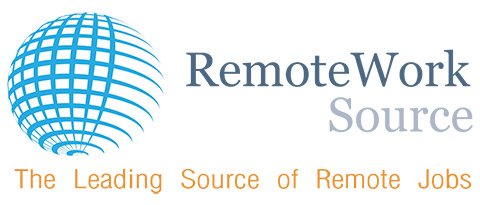
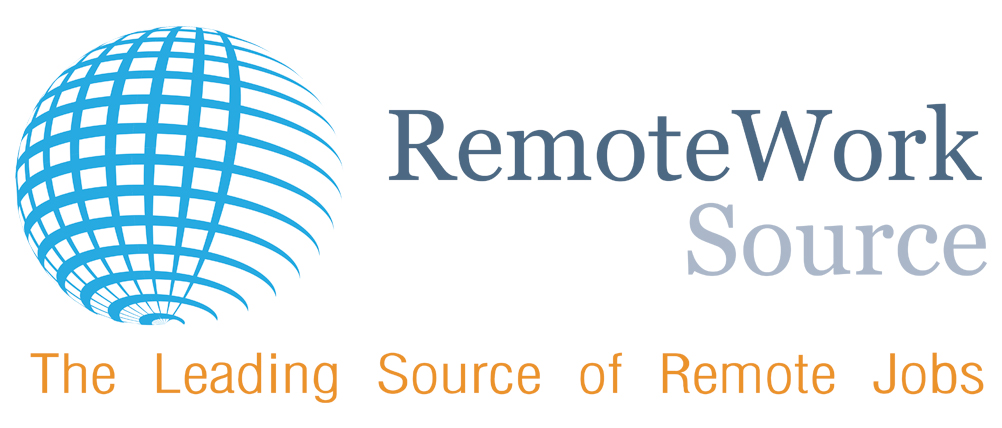


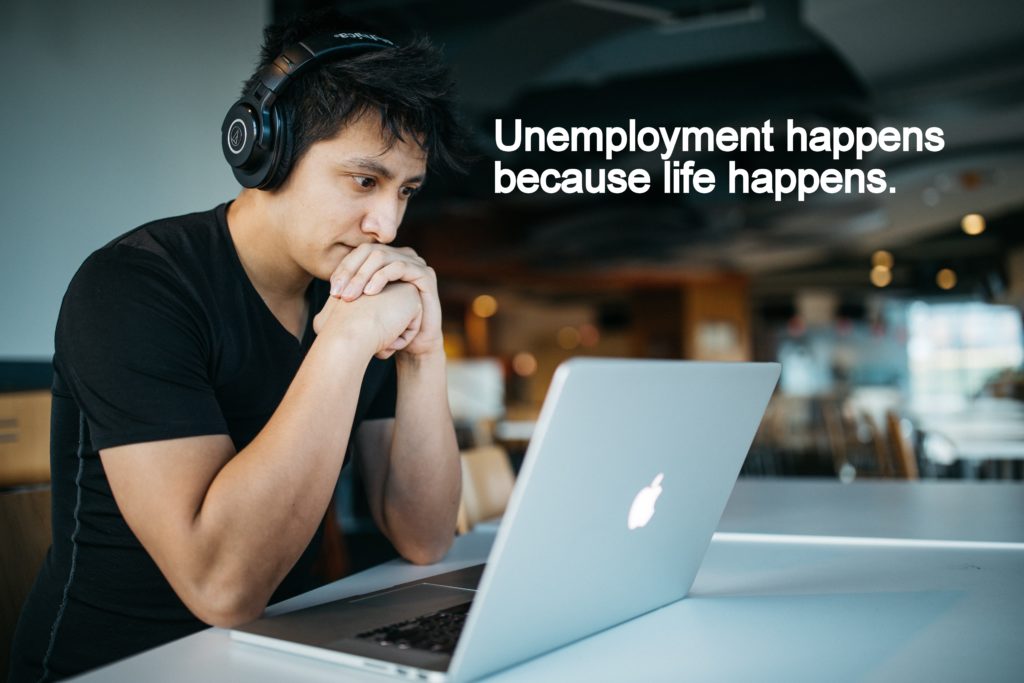


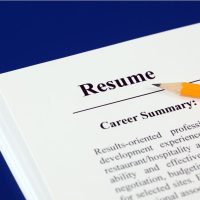


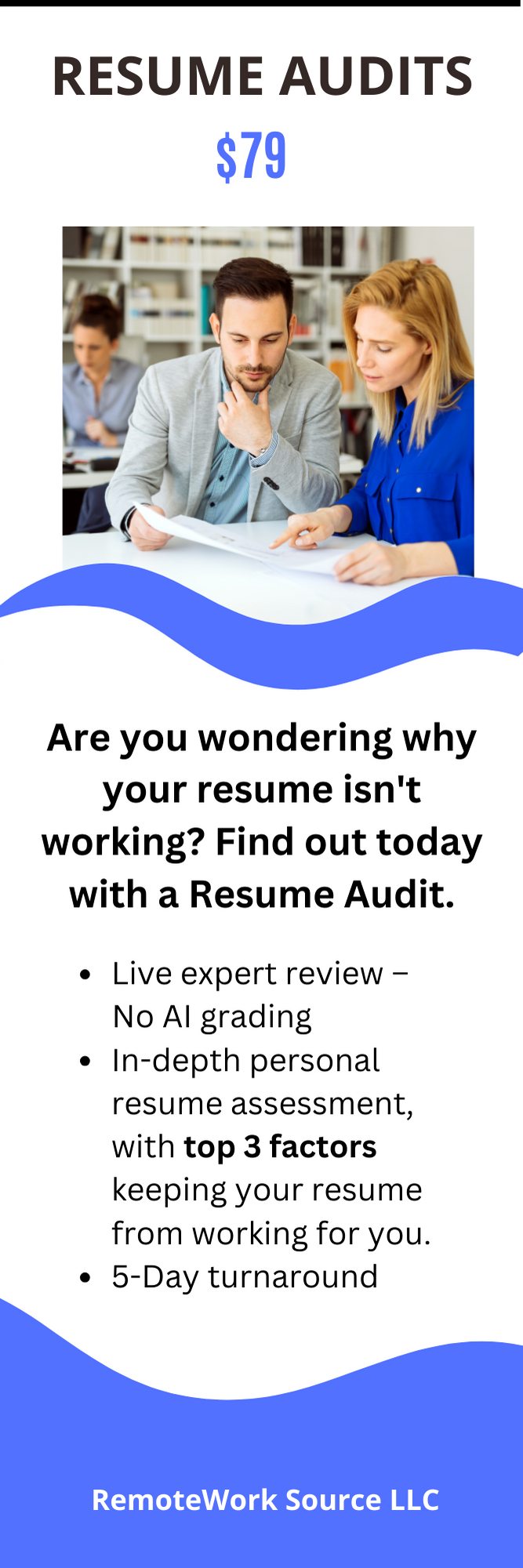
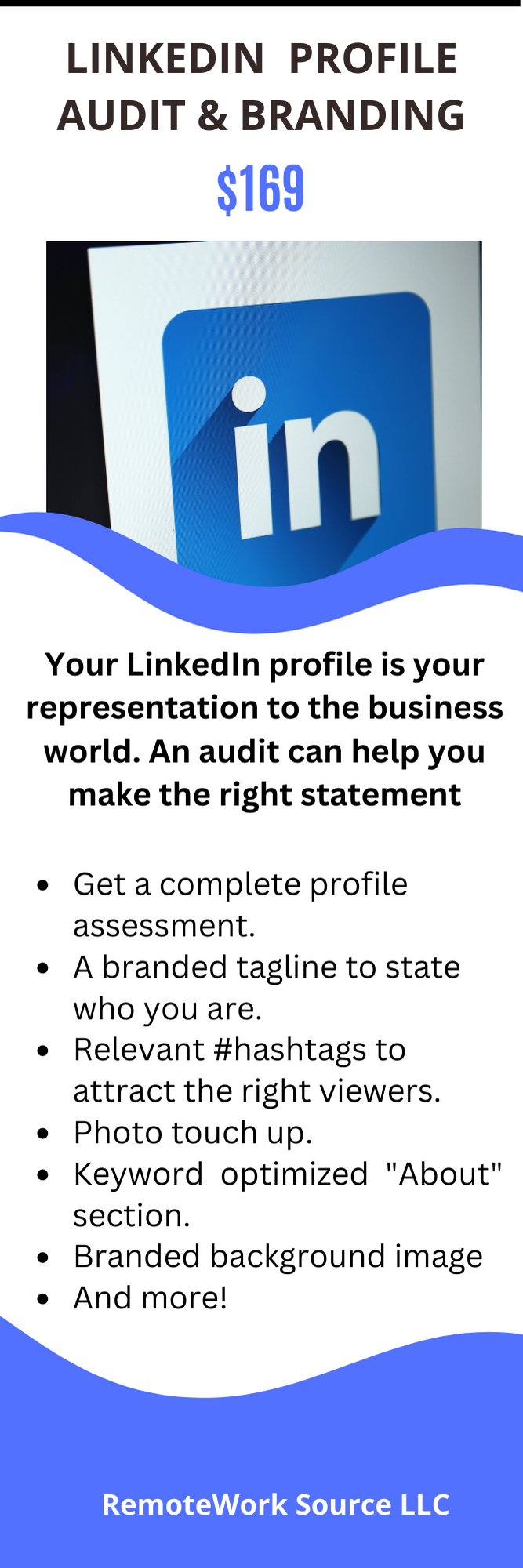
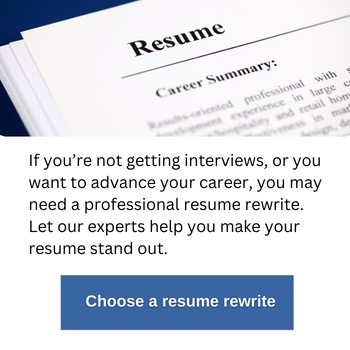
If there is aa employment gap in your career don’t worry, the tips which are mentioned in the above blog will help you for sure.